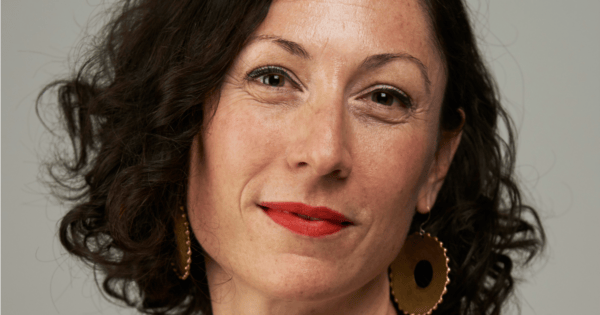
Writing a novel is the last thing on my mind, as I sit across the kitchen table from my Aunt Judi on a wet winter’s day in 2012. My newborn daughter is asleep in a bassinette by my side and there is a pile of washing the size of Mount Kosciuszko festering in the laundry. But then Judi tells me her story, over several cups of tea, and the terrible injustice of it itches at me long after the kettle’s cooled and Judi’s gone.
In 1970, at eighteen, the world is her oyster. The year before she’d moved to the city from the country to train as a nurse. Melbourne means freedom and Judi, like the other girls in the nurses’ quarters where she lives, makes the most of it. Only, the Catholic nuns that run the quarters enforce a strict curfew. Often it’s easier to stay out then to knock on their big double doors in the wee hours of the morning. This is where Judi’s story begins. A few months later, her father whisks her home in middle of the night, where her pregnancy is kept quiet like a dirty secret.
May Callaghan, the protagonist in my book, isn’t my aunt. Four months into her pregnancy, Judi was sent to an unwed mothers home in Sydney where she worked in a convent laundry until giving birth. After washing her sins clean with the nuns’ bed sheets, she was drugged during labour and coerced into giving her son away. May’s story is different. But the same stifling social conventions applied; conventions that robbed young mothers of their rights and subdued them with shame.
In 2013, then Prime Minister, Julia Gillard, apologised to mothers like Judi for the forced adoption policies and practises that took their children away. And, they were taken in droves. Between 1951 and 1975 an estimated 150,000 babies were put up for adoption in Australia. The majority of women who relinquished them were young and unmarried.

Top Comments
You gotta love the christian way.Miranda Devine would tell those women to harden up as she wore the laquer off her rosary beads